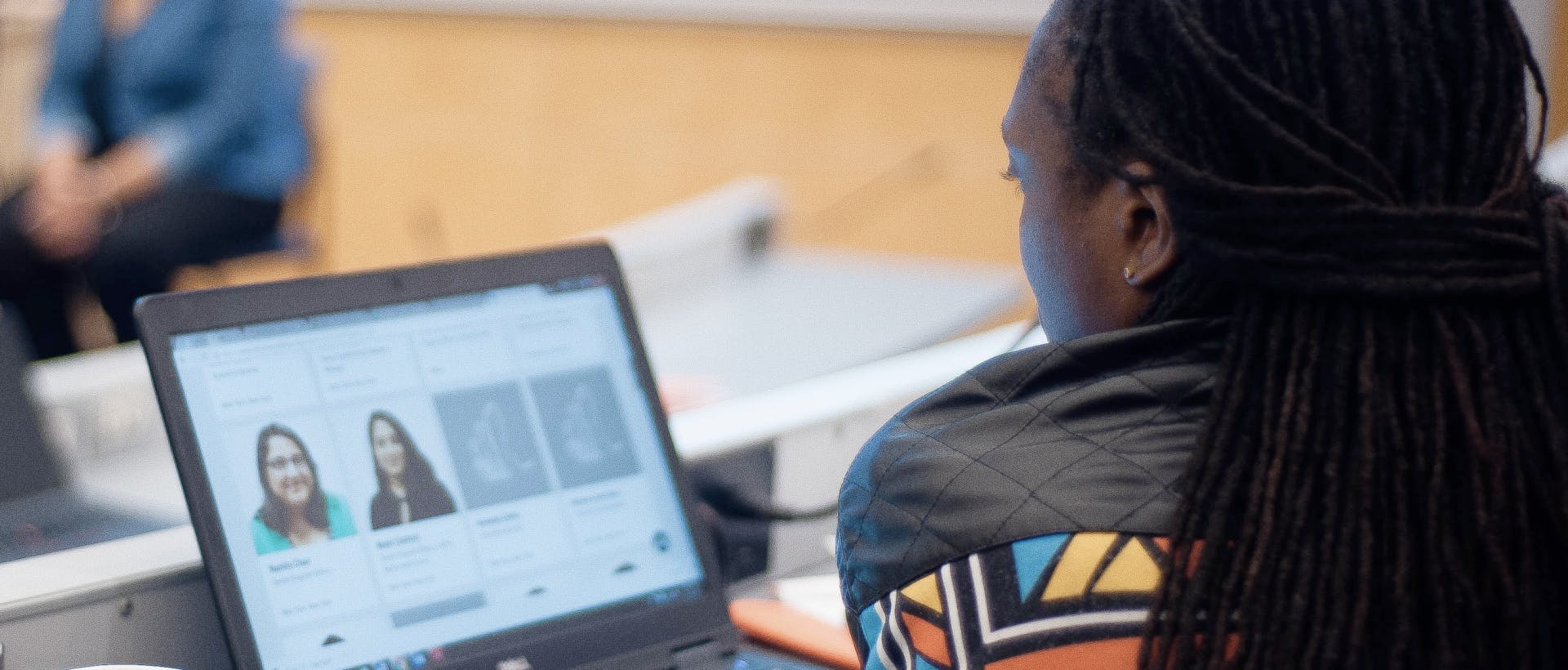Advocacy Institute
Early-stage non-profit arms a broader audience with powerful data to effect policy change

Challenge
Expand product offering, strengthen codebase

Outcome
Better data handling, faster and more stable platform

Advocacy Institute now provides better tools and curriculum faster and at a lower cost. We can handle more data for more members and turn out awesome advocacy tools.
The Challenge
While users were wild about the AI datasets, AI was reaching a point of friction - the interface designs weren’t good enough or the information wasn’t good enough. It was time to level up.
AI came to thoughtbot wanting to expand their product offering while improving the stability and efficacy of software. They had been shoe-stringing their product together with 3rd party software. It was cheap and nimble at first, but didn’t scale with the needs of the business.
The Solution
thoughtbot kicked off the engagement with Advocacy Institute with a 2 week design sprint.
We helped them quickly establish a scope of work, trained them on how to structure sprints, improve documentation, and how to use code reviews and pull requests to improve the quality of code and level up the team collectively. There was a culture fit between Advocacy Institute and thoughtbot which helped us to establish trust and improved collaboration.
Immediately after the design sprint, thoughtbot and Advocacy Institute continued forward and began to focus on the areas of the product that needed improvement that were uncovered during the sprint.
One of the biggest wins, was the development of a new API. From the ground up, we built and shipped an API to expose their data sets and allow Advocacy Institute to easily build other web apps and share data with other orgs around the state.
After the launch of the API, collaborating organizations had a private work environment to strategize. They could also provide feedback within the system, update their information, and have it propagate everywhere it was being used.
The new web apps were solutions to existing problems. They made it easy to collect information about political geography: districts, membership and demographics. This information led to high-quality material to bring to legislative meetings as well as uncover important demographic insights like racial diversity amongst politicians.
thoughtbot is a high-end consultancy that has this really awesome commitment to being a part of productive and collaborative teams. They have strong values and practice around rigorous process and reflection which lead to results for their clients.
The Outcome
The engagement with thoughtbot resulted in superior tools for curriculum development at a faster pace and lower cost.
It allowed Advocacy Institute to handle more data for more members and turn out transformative advocacy tools to affect change. Users could organize data much better, get insight into who is pitching, and make their overall work day more efficient.
The Advocacy Institute has grown to more than 400 users since 2013. As they continue to grow, they plan to maintain their focus on delivering valuable data through their product as well as ramping up teams to maximize output, team-building, and culture. They continue to pursue their vision of being a powerful advocate that is resilient to political wins and attacks.

